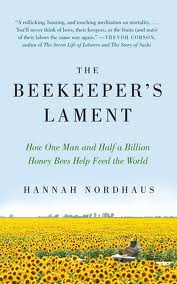 Feature 1 – Flood Winners & Losers : Last month’s deluge cut canyons, real and felt, through many of our lives, but nature helps us remember that floods can build too. In this feature, How on Earth’s Jim Pullen speaks with Boulder’s wetland and riparian ecologist Marianne Giolitto about flood “winners and losers”. Marianne watches over 45,000 acres of the city’s open space and mountain parks wetlands and riparian habitats. Jim and the Boulder Open Space and Mountain Parks are working together on a series of radio vignettes; the first two are “Monitoring Bats” and “Great Storms and Chautauqua.”
Feature 1 – Flood Winners & Losers : Last month’s deluge cut canyons, real and felt, through many of our lives, but nature helps us remember that floods can build too. In this feature, How on Earth’s Jim Pullen speaks with Boulder’s wetland and riparian ecologist Marianne Giolitto about flood “winners and losers”. Marianne watches over 45,000 acres of the city’s open space and mountain parks wetlands and riparian habitats. Jim and the Boulder Open Space and Mountain Parks are working together on a series of radio vignettes; the first two are “Monitoring Bats” and “Great Storms and Chautauqua.”
 Feature 2 – 100 Year Starship Symposium : Back in June we had a feature about a project called the 100 Year Star Ship. During that show we talked with Alires Almon, a member of the project, about the challenges and vision of creating a long-duration mission to send humans to another star. A few weeks ago in Houston, the project held their annual symposium; this year’s theme was titled: “Pathway to the Stars, Footprints on Earth.” Ms. Almon is back with us today to talk about the symposium and what new ideas were discussed.
Feature 2 – 100 Year Starship Symposium : Back in June we had a feature about a project called the 100 Year Star Ship. During that show we talked with Alires Almon, a member of the project, about the challenges and vision of creating a long-duration mission to send humans to another star. A few weeks ago in Houston, the project held their annual symposium; this year’s theme was titled: “Pathway to the Stars, Footprints on Earth.” Ms. Almon is back with us today to talk about the symposium and what new ideas were discussed.
And as we mentioned in today’s headlines, you can learn more about shale oil and gas boom and bust by listening to Jim Pullen’s hour-long talk with expert Deborah Rogers on KGNU’s “It’s the Economy.”
Hosts: Joel Parker, Shelley Schlender
Producer: Joel Parker
Engineer: Joel Parker
Executive Producer: Beth Bartel
Additional Contributions: Jim Pullen
Due to technical problems, this show was not recored to the archive. We apologize that this post does not have an audio podcast of the entire show, but below we do have the audio file of the pre-recorded interview of the “Flood Winners and Losers” :
Podcast: Play in new window | Download (Duration: 6:50 — 9.4MB)
Subscribe:
 Today on How on Earth, Beth plays part of a 1964 lecture by Nobel laureate Richard Feynman in which he discusses how the scientific method actually works and the progressive, and therefore uncertain, nature of science. Then she speaks with Dr Melanie Peffer about her book, Biology is Everywhere, and her goals of making biology accessible and interesting to everyone. Her website was cited incorrectly on the show, here is the true link.
Today on How on Earth, Beth plays part of a 1964 lecture by Nobel laureate Richard Feynman in which he discusses how the scientific method actually works and the progressive, and therefore uncertain, nature of science. Then she speaks with Dr Melanie Peffer about her book, Biology is Everywhere, and her goals of making biology accessible and interesting to everyone. Her website was cited incorrectly on the show, here is the true link.




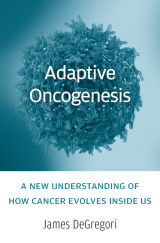 New Theory of How Cancer Evolves Inside Us (start time: 0:58): It is commonly known that cancer afflicts old people more than youth. Conventional wisdom has held we get cancer with age largely because we accumulate lots of genetic mutations over many years, and it’s the mutations that cause cancer. Our guest,
New Theory of How Cancer Evolves Inside Us (start time: 0:58): It is commonly known that cancer afflicts old people more than youth. Conventional wisdom has held we get cancer with age largely because we accumulate lots of genetic mutations over many years, and it’s the mutations that cause cancer. Our guest, 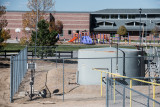
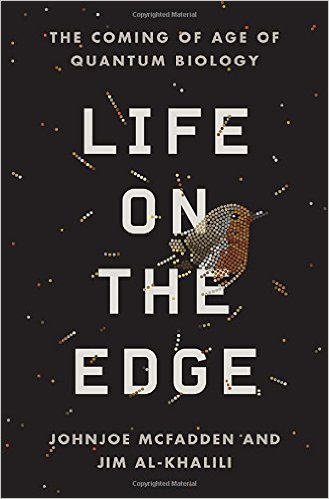

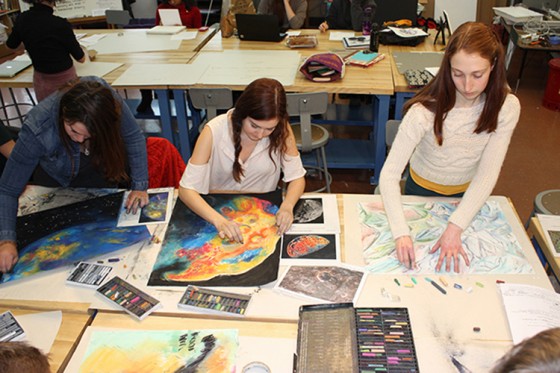
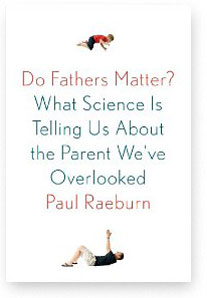
 Do Fathers Matter? (start times: 9:55 and 20:58) Today’s How on Earth show is part of the KGNU fall membership pledge drive. During this show we preview an upcoming feature of the book: “
Do Fathers Matter? (start times: 9:55 and 20:58) Today’s How on Earth show is part of the KGNU fall membership pledge drive. During this show we preview an upcoming feature of the book: “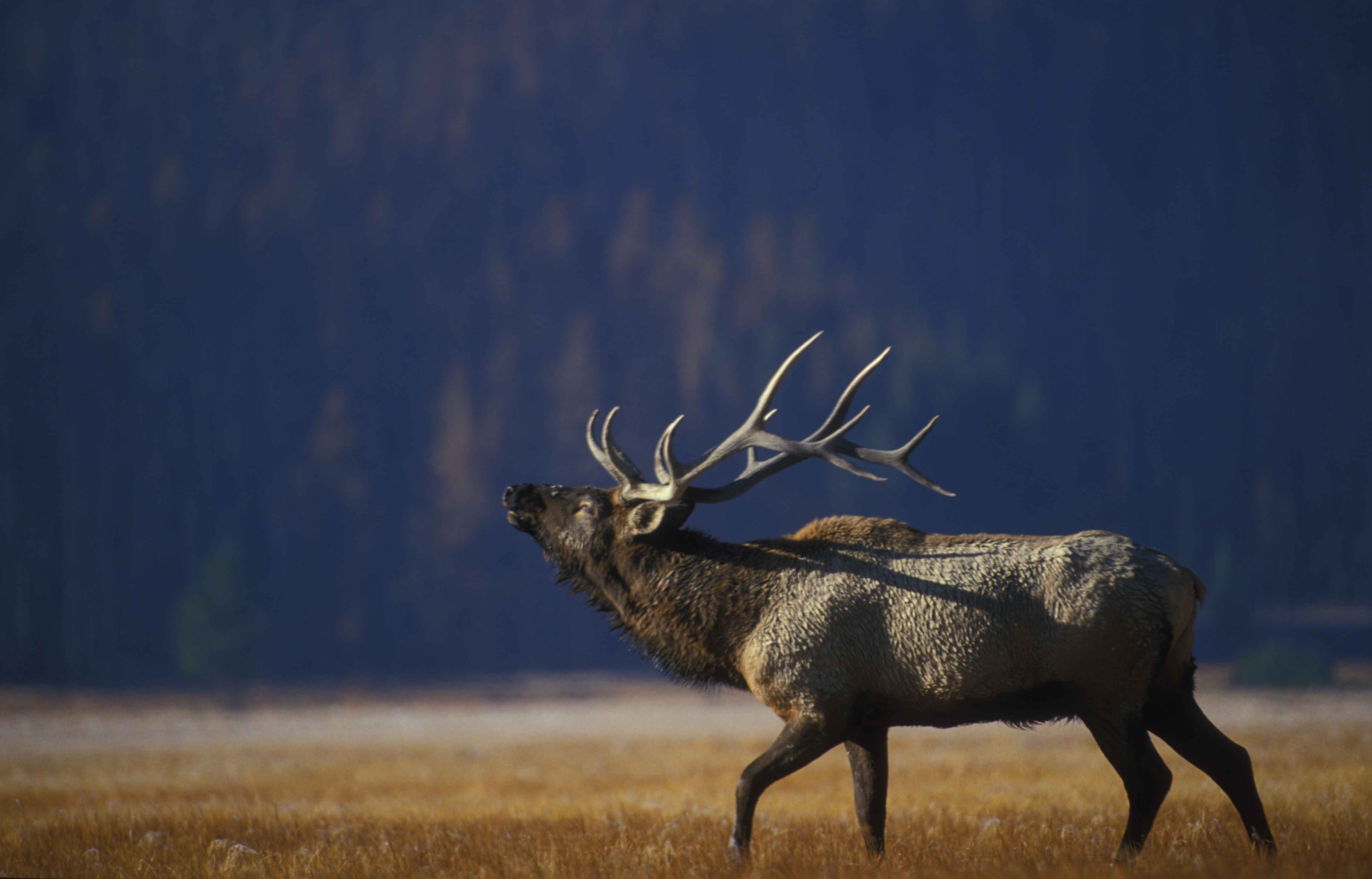
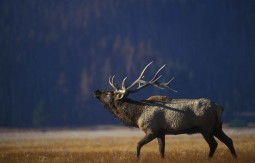 Big Game and Climate Change (start time 5:00) Last week, the National Resource Council released some serious warnings about
Big Game and Climate Change (start time 5:00) Last week, the National Resource Council released some serious warnings about 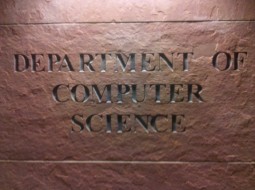 Hour of Code (start time 12:30) Coding is not just a magic trick where ones and zeros make
Hour of Code (start time 12:30) Coding is not just a magic trick where ones and zeros make 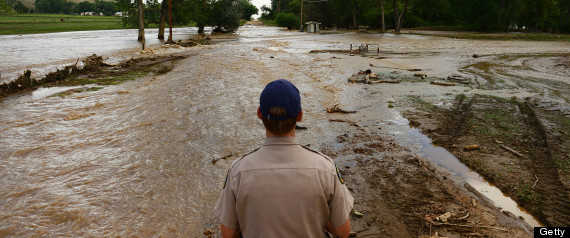
 Feature 1 – Flood Winners & Losers : Last month’s deluge cut canyons, real and felt, through many of our lives, but nature helps us remember that floods can build too. In this feature, How on Earth’s Jim Pullen speaks with Boulder’s wetland and riparian ecologist Marianne Giolitto about flood “winners and losers”. Marianne watches over 45,000 acres of the city’s open space and mountain parks wetlands and riparian habitats. Jim and the Boulder Open Space and Mountain Parks are working together on a
Feature 1 – Flood Winners & Losers : Last month’s deluge cut canyons, real and felt, through many of our lives, but nature helps us remember that floods can build too. In this feature, How on Earth’s Jim Pullen speaks with Boulder’s wetland and riparian ecologist Marianne Giolitto about flood “winners and losers”. Marianne watches over 45,000 acres of the city’s open space and mountain parks wetlands and riparian habitats. Jim and the Boulder Open Space and Mountain Parks are working together on a  Feature 2 – 100 Year Starship Symposium :
Feature 2 – 100 Year Starship Symposium : 